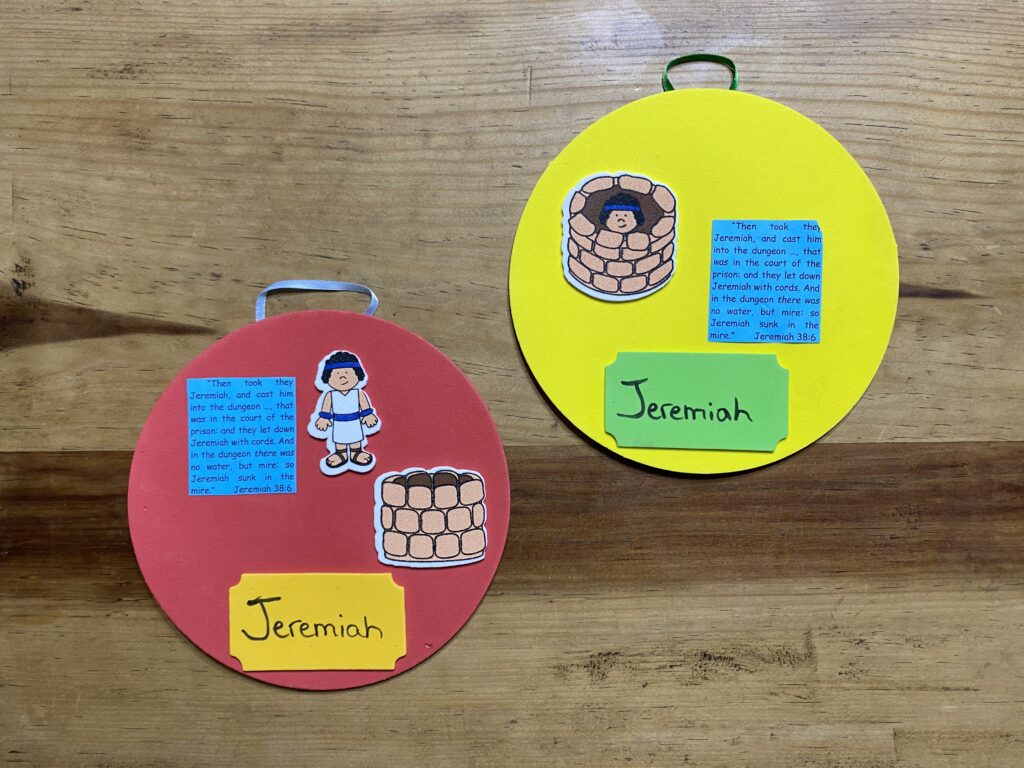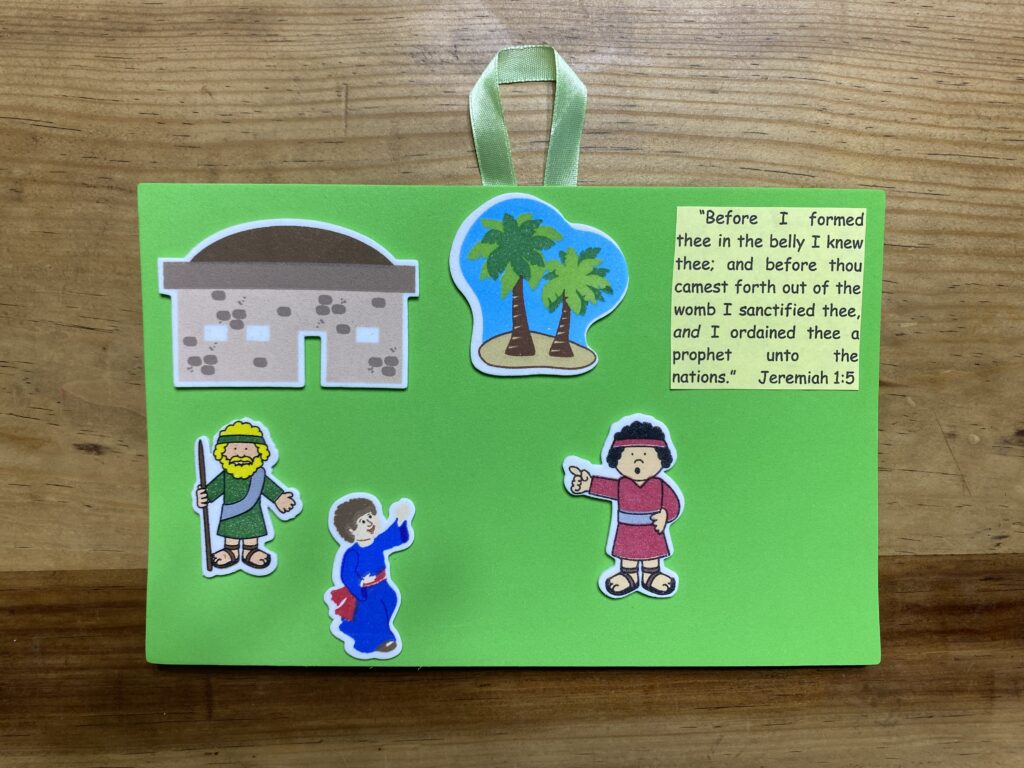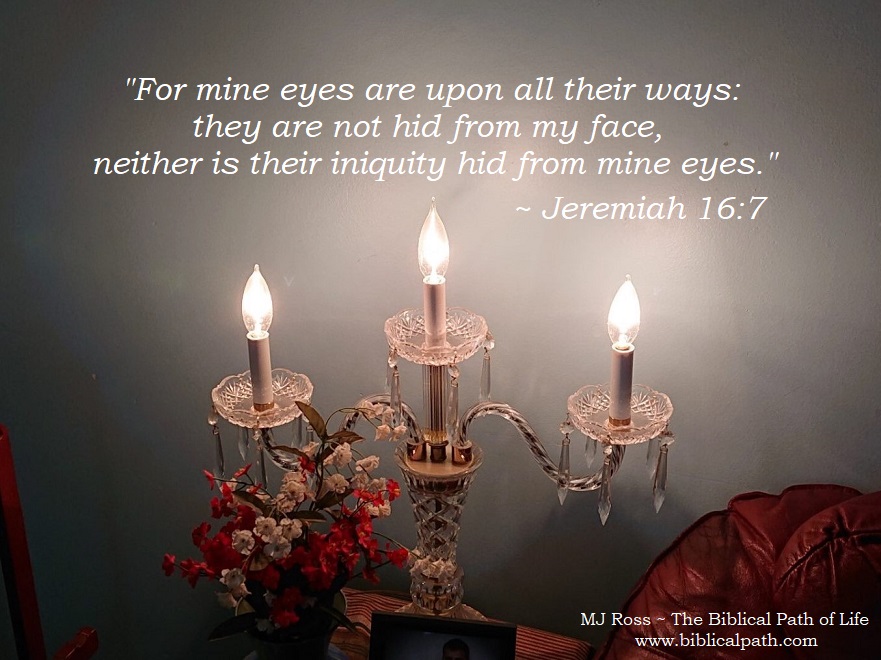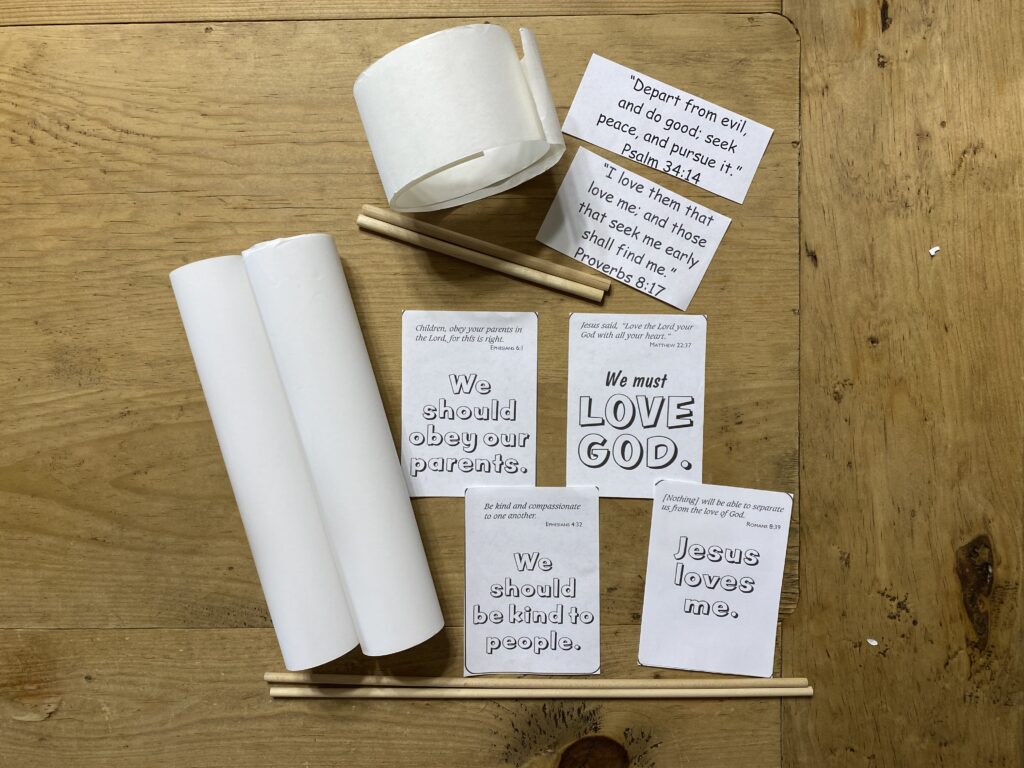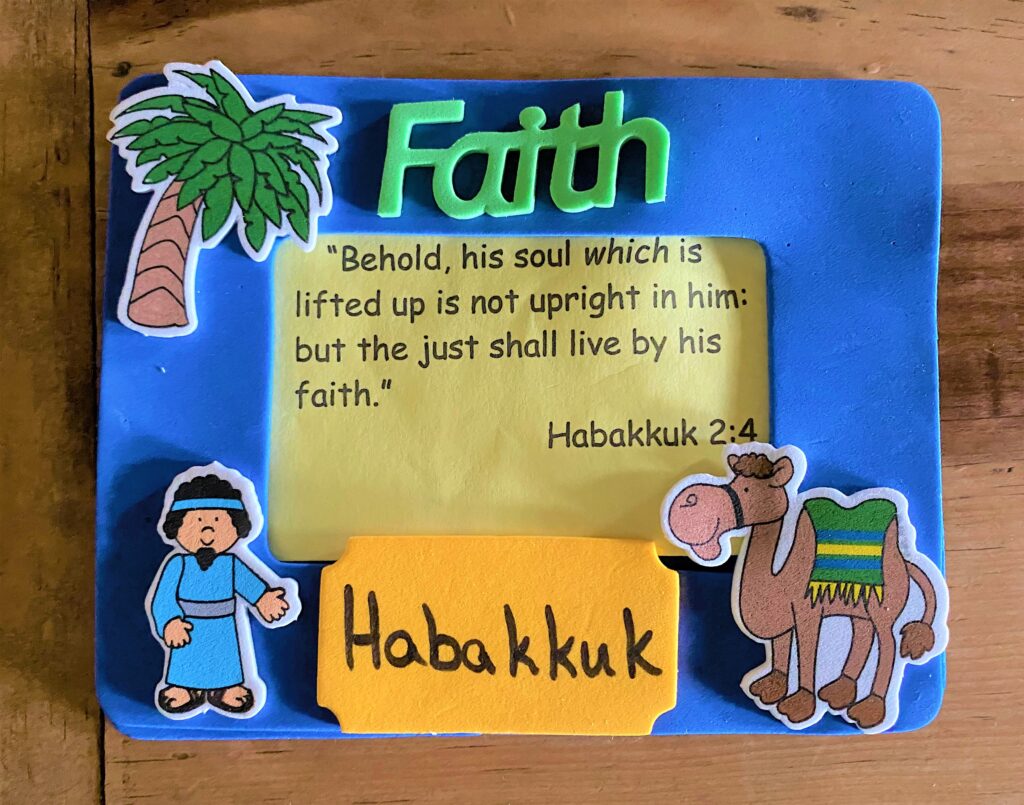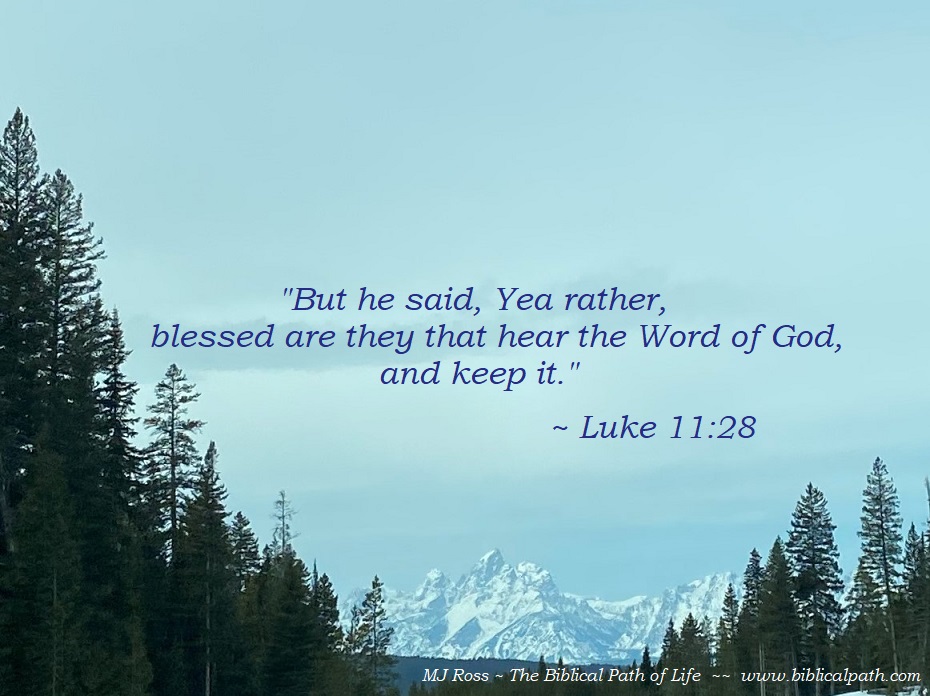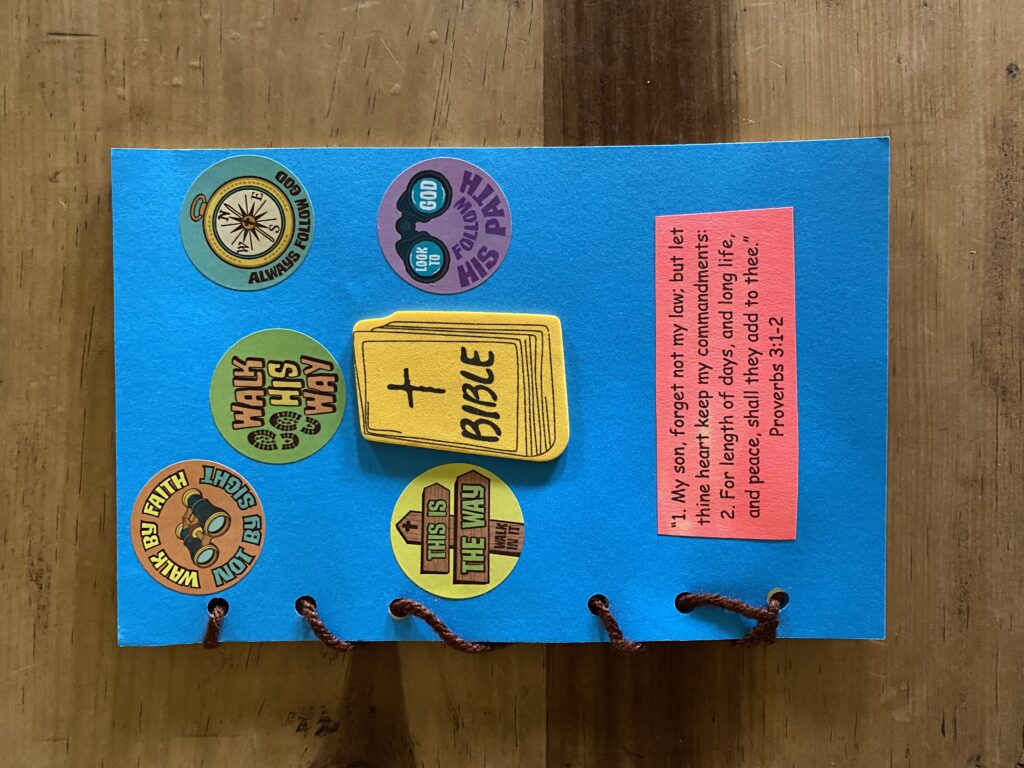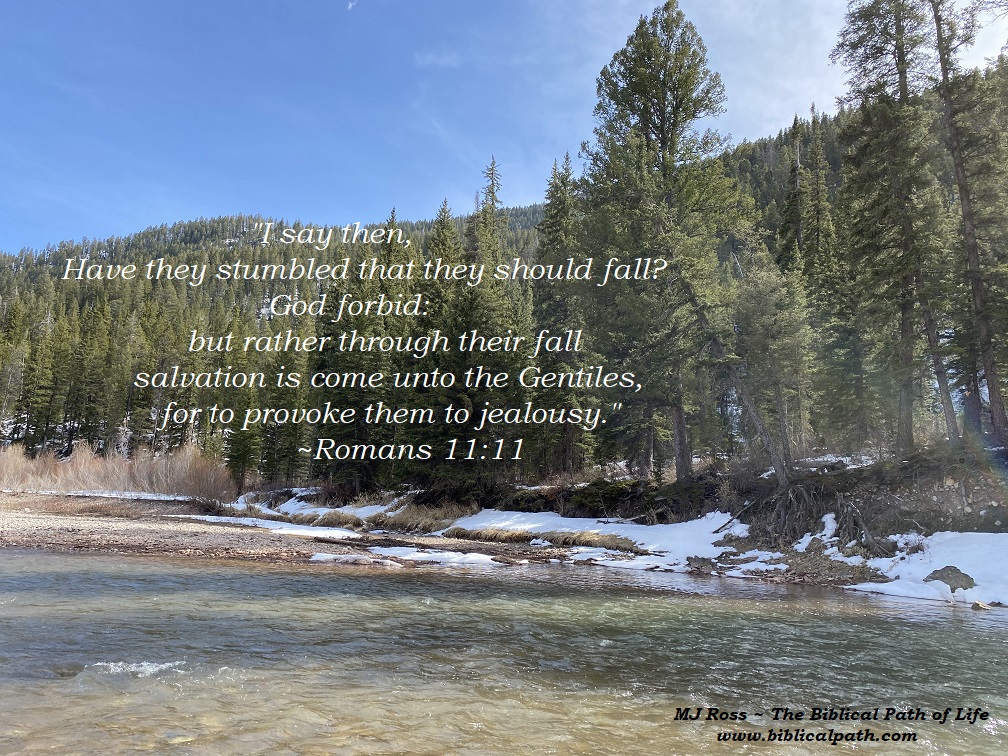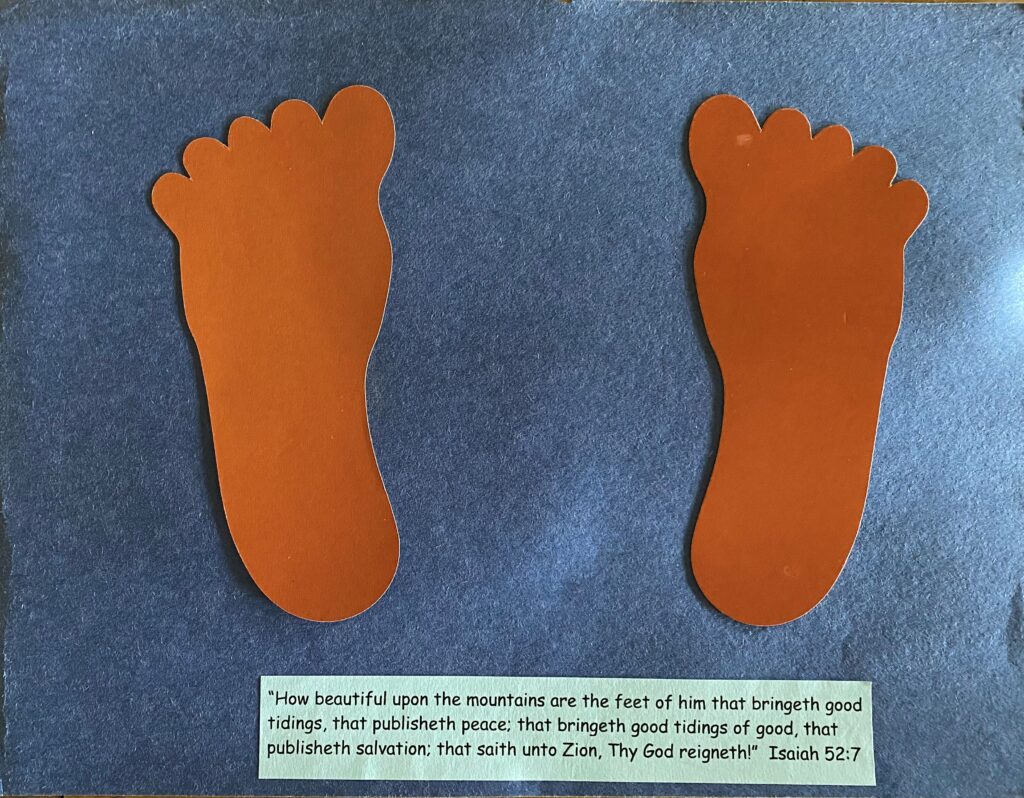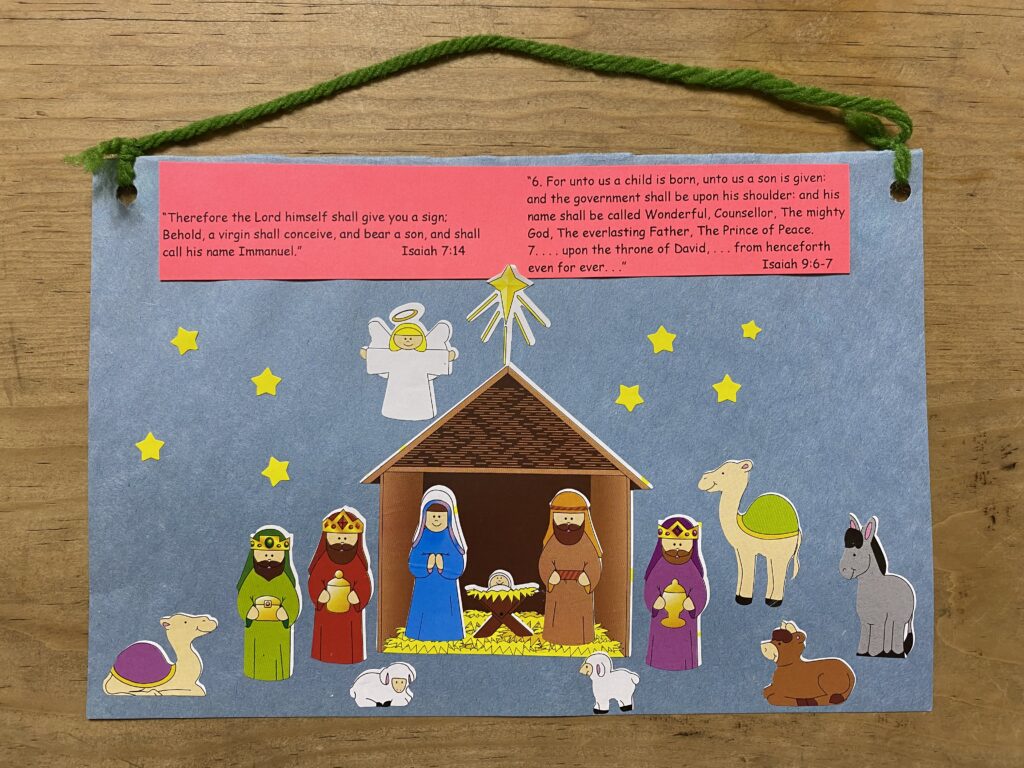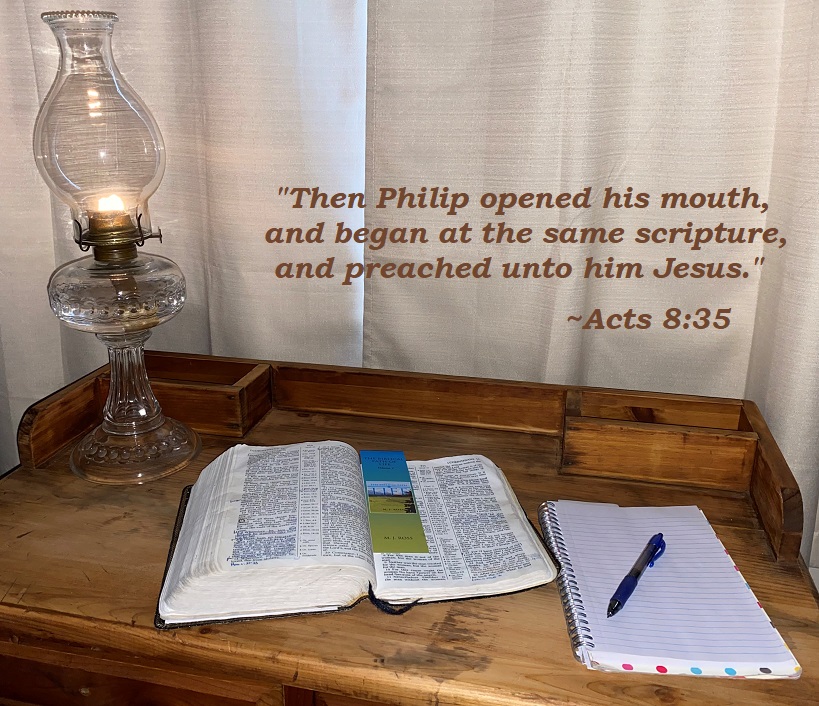
Key Verse
For I reckon that the sufferings of this present time are not worthy to be compared with the glory which shall be revealed in us.
—Romans 8:18
Key Verse Thought: Read the key verse. Have you ever suffered? Suffered means “endured affliction (hardships, troubles, misery, etc.).” This verse is comparing suffering here in this life with the eternal “glory” that we will know one day. (Glory means “the ideal condition God created man –the condition that was lost in the fall, but that can be recovered in Jesus.”) We will learn about a prophet who suffered greatly, yet remained faithful to God. He understood that sufferings now “are not worthy to be compared” to what we will be in heaven one day.
Emphasis: We are to be faithful to God (just like Jeremiah was) – no matter what “sufferings” we think we endure.
Lesson Summary: In our last lesson, as we began the book of Jeremiah, we learned that God knew him before he was even born. And that he would be a prophet to the nations! We read many of the words that Jeremiah spoke to God’s people, and even to the kings of Judah.
As we continue in our study of Jeremiah, we will read about some of his rejections and sufferings. We will begin to understand why Jeremiah is known as the “Weeping Prophet.” Jeremiah faithfully proclaimed God’s Words to the people, warning them of the coming destruction and captivity, if they did not repent and return to God. When the people failed to repent, God allowed the Babylonians to besiege them. Jeremiah witnessed the captivity of Judah by Babylon and the destruction of Jerusalem, the city where God had chosen to place His name. Even through all of this, Jeremiah faithfully shared the Word of the Lord with the people. We will learn of God’s protection of Jeremiah, allowing him to remain in the land to continue delivering God’s Words to the remnant that was left behind.
God gave Jeremiah many words on the future of the nation Israel. We will look at a few of them today. He also reminded the people that God would keep His promise and send that Promised One, Jesus. See one of those promises. Jeremiah called Jesus the Branch of David. “In those days, and at that time, will I cause the Branch of righteousness to grow up unto David; and he shall execute judgment and righteousness in the land” (Jeremiah 33:15).
Tradition has it that Jeremiah was stoned to death.
Y2Q3 – Lesson 11 Children’s Worksheets
If you are teaching this lesson to younger children, the following is an idea for a craft that may go with this lesson:
